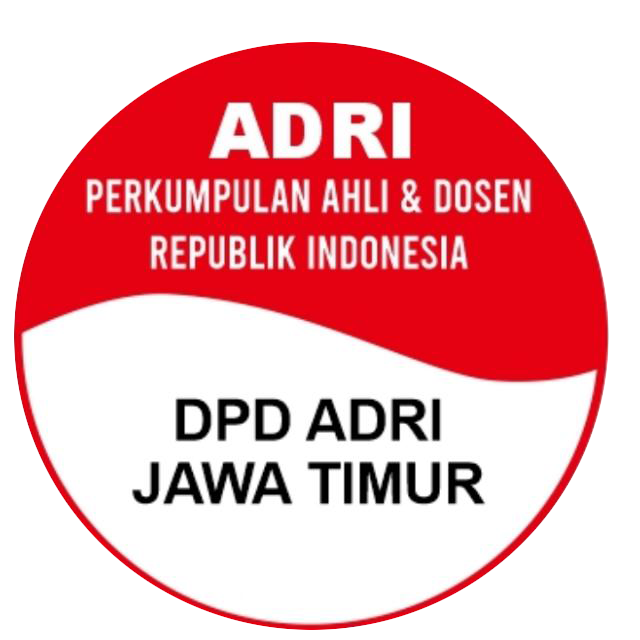The Authority of the Police in Detention Viewed from the Principle of Presumption of Innocence in the Indonesian Criminal Justice System
DOI:
https://doi.org/10.55173/yurisdiksi.v21i1.174Abstract
The authority of the police to conduct detention in Indonesia is strictly governed by positive law, particularly the Criminal Procedure Code (KUHAP) and the Law on the Indonesian National Police. Detention is a temporary deprivation of liberty against a suspect to ensure the integrity of legal proceedings, prevent flight, destruction of evidence, or recidivism. Police may detain individuals suspected of crimes punishable by at least five years’ imprisonment, but such authority requires judicial approval and must comply with the principles of legality, proportionality, and respect for human rights as outlined in relevant regulations. Detention procedures must align with the presumption of innocence, ensuring that suspects are not treated as guilty prior to a final court decision. KUHAP mandates strict time limits and judicial oversight, while suspects retain key rights including legal assistance, the right to be informed of the reasons for detention, and the right to challenge the legality of detention through pretrial motions. Abuse of detention authority can be curtailed through mechanisms such as detention suspension requests, pretrial reviews, internal police supervision, and external oversight institutions. These measures are crucial to maintaining accountability, preventing arbitrary detention, and upholding the fundamental rights of individuals within the criminal justice system.
References
Siagian, F. S. (2023). Analisis Yuridis untuk Hak Pihak Ketiga yang Berkepentingan dalam Pengajuan Permohonan Praperadilan dalam Sistem Peradilan Pidana Indonesia. Dalihan Na Tolu: Jurnal Hukum, Politik Dan Komunikasi Indonesia, 1(02), 42-50.
Luntungan, N. G., Rusdi, M., & Sierrad, M. Z. (2023). Asas Praduga Tak Bersalah Dalam Hukum Pidana: Refleksi Hak Asasi Manusia. Juris Humanity: Jurnal Riset dan Kajian Hukum Hak Asasi Manusia, 2(2), 63-76.
Tampi, R. (2021). Prinsip Yang Adil Dalam Sistem Peradilan Pidana Indonesia. Lex Crimen, 10(7).
Sari, A. P. K. (2021). Penerapan Asas Praduga Tak Bersalah Terhadap Tersangka Dalam Proses Penyidikan (Studi Kasus di Kepolisian Resort Palu). Dinamika, 27(9), 1342-1357.
Iskandar, I. (2023). Pre–Trial Justice Dalam Sistem Peradilan Pidana Untuk Perlindungan Hak-Hak Tersangka. Maqasidi: Jurnal Syariah Dan Hukum, 15-28.
Gustono, A., Angkasa, A., & Wahyudi, S. (2025). Tinjauan Viktimologi terhadap Perlindungan Hukum bagi Korban Salah Tangkap dalam Sistem Peradilan Pidana Indonesia (Studi Kasus Putusan Nomor 1/Pid. Pra/2019/PN. Kbu). Amnesti: Jurnal Hukum, 7(1), 113-127.
Doodoh, M., & Tuwaidan, H. F. (2025). Perspektif HAM terhadap Asas Praduga Tak Bersalah Pada Hukum Pidana Indonesia. Nuansa Akademik: Jurnal Pembangunan Masyarakat, 10(1), 95-106.
Ali, M. (2023). Perlindungan Hukum Hak Asasi Manusia Terhadap Korban Unlawful Killing Dalam Sistem Peradilan Pidana Di Indonesia: Protection of Human Rights Law against Victims of Unlawful Killing in the Criminal Justice System in Indonesia. Reformasi Hukum, 27(1), 59-70.
Soraya, J., & Irawati, S. A. Perlindungan Hukum Terhadap Korban Atas Hak Fair Trail Sebagai Bentuk Perlindungan Hak Asasi Manusia Dalam Sistem Peradilan Indonesia. In Seminar Hukum Nasional Dan Call For Paper Dengan Tema “Membangun Hukum Pidana Dalam Negara Hukum Yang Demokratis (pp. 1-22).
Pura, M. H., & Faridah, H. (2021). Asas Akusator Dalam Perlindungan Hukum Atas Hak Tersangka Berdasarkan Undang-Undang Nomor 8 Tahun 1981 Tentang Kitab Undang-Undang Hukum Acara Pidana. Jurnal Hukum Sasana, 7(1), 79-95.
Kamal, M. Z. (2025). Analisis Penerapan Asas Praduga Tak Bersalah Dalam Proses Penuntutan Pada Kejaksaan Negeri Banda Aceh. Analisis Penerapan Asas Praduga Tak Bersalah Dalam Proses Penuntutan Pada Kejaksaan Negeri Banda Aceh, 15(40), 1-21.
Downloads
Published
Issue
Section
License
Copyright (c) 2025 Mohammad Yusuf Effendy, Miftakhul Huda

This work is licensed under a Creative Commons Attribution-ShareAlike 4.0 International License.












